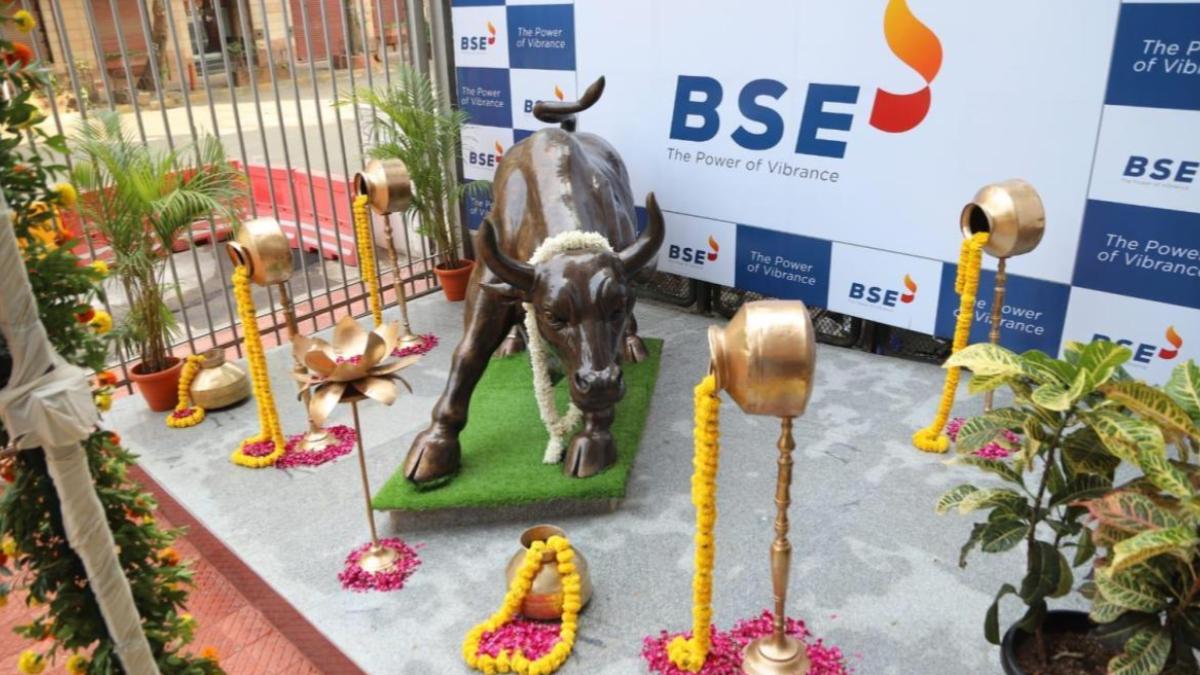Capital markets regulator Sebi on Thursday came out with a procedure for public issuance of ‘zero coupon zero principle’ instruments by not-for-profit organisations (NPOs) and listing of such instruments on the Social Stock Exchange (SSE).
Under this, the SSE will have to specify the details to be incorporated in the fundraising document. In 2022, the government declared “zero coupon zero principal instruments” as securities.
The SSE will provide its observation on the draft fundraising document to the NPO within 30 days from the filing of the papers or receipt of clarification, if any, sought by the exchange from the NPO, whichever is later.
NPO will incorporate the observations of the SSE in a draft document and file the final papers to the SSE prior to opening the issue. The draft as well as the final fundraising document should contain all material disclosures, “which are true and adequate to enable the applicants to take an informed decision”.
Listing out other conditions for ‘zero coupon zero principle’ instruments, Sebi said that such instruments will be issued in dematerialised form only, and are not transferable. The minimum issue size has been set at Rs 50 lakh, the minimum application size at Rs 10,000 and the minimum subscription required to be achieved will be 75 per cent of the funds proposed to be raised through the issuance of such instruments.
In case of any under subscription, the NPO will have to provide details in the fundraising document on the manner of raising balance capital in case of such under subscription and possible impact on achieving the social objective in case such under subscription is not arranged.
Sebi said that the funds will be refunded in case the subscription is less than 75 per cent of the issue size. The SSE will be required to maintain the details of the allotment following the issuance of zero coupon and zero principal instruments by an NPO. Further, SSE will have to specify the additional norms with respect to the issue procedure, such as agreements with depositories, banks, ASBA-related matters, duration for public issuance, allocation methodology and any other ancillary matter related to the issue procedure.
With regard to social impact, Sebi said details of past social impact as per the existing practice of NPOs need to be disclosed. The past social impact should highlight trends in key metrics relevant to the NPO for which it seeks to raise funds on SSE, number of beneficiaries, cost per beneficiary and administrative overheads.




